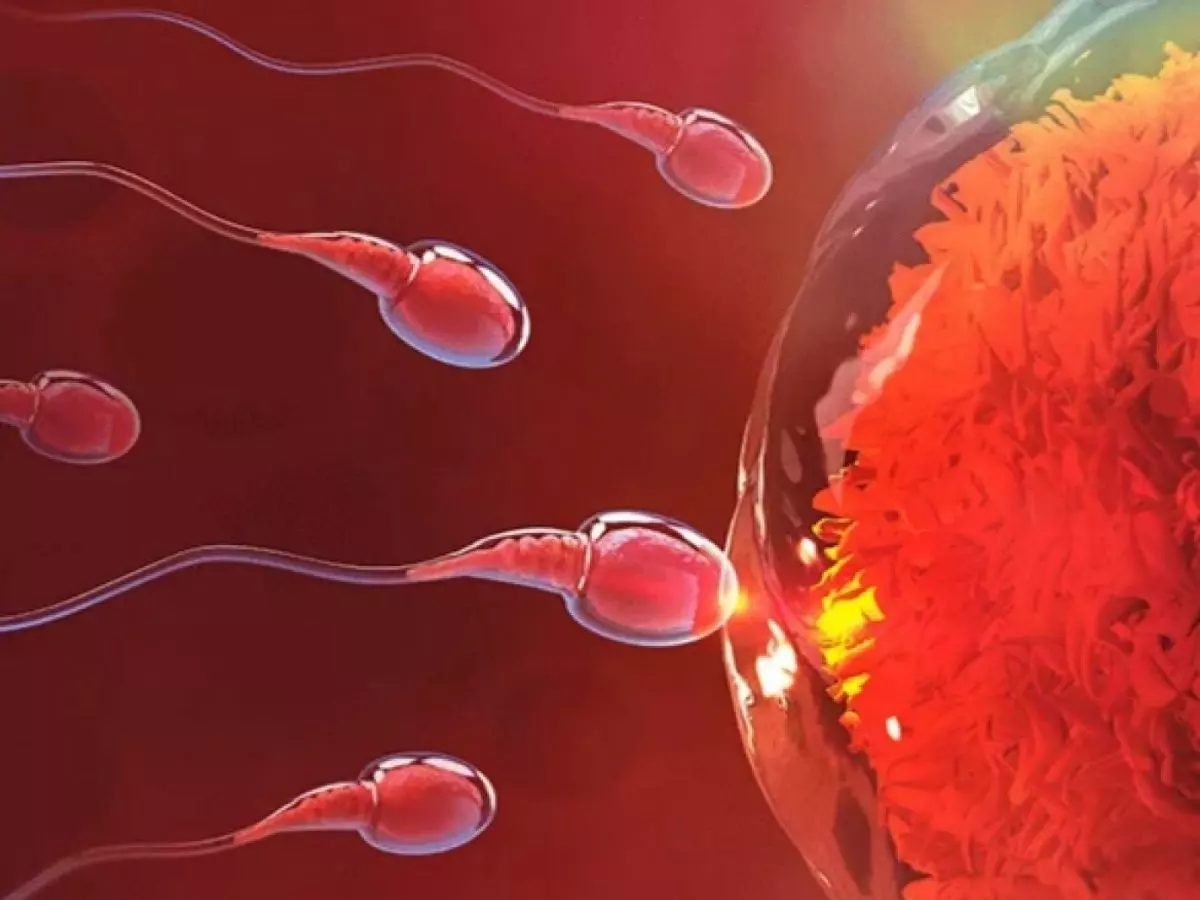It¡¯s Not A Race: Female Eggs Choose Which Sperm Gets To Fertilise It, Study Shows
They looked at how sperm responded to follicular fluid -- fluid that surrounds eggs and contains sperm chemoattractants. They were looking to find if follicular fluids from different females attracted sperm from some males more than others.

We often have heard that sperm from semen race towards the egg to enable fertilisation, with the fastest and fittest sperm winning the lottery. However, a study from 2020 highlighted that it isn't the sperm that rushes to claim its first position, it¡¯s in fact the egg that chooses which one gets to win.
 Shutterstock
Shutterstock
Also Read: Sperms Don't Swim But Spin Like A Screw To Fertilise Eggs, Reveals Study
This is according to a study conducted by researchers from Stockholm University and Manchester University NHS Foundation Trust. They've found that eggs use chemical signals to choose the sperm.
Different women¡¯s eggs attract different men¡¯s sperms and that doesn¡¯t have to be their partner¡¯s.
John Fitzpatrick, an associate professor at Stockholm University said that human eggs tend to release chemicals dubbed chemoattractants that attract sperm to unfertilised eggs. They wanted to know if eggs use these chemicals to pick which sperm they attract.
They looked at how sperm responded to follicular fluid -- fluid that surrounds eggs and contains sperm chemoattractants. They were looking to find if follicular fluids from different females attracted sperm from some males more than others.
Fitzpatrick said in a statement, ¡°Follicular fluid from one female was better at attracting sperm from one male, while follicular fluid from another female was better at attracting sperm from a different male.¡±
¡°This shows that interactions between human eggs and sperm depend on the specific identity of the women and men involved,¡± he added.
 Unsplash
Unsplash
Also Read: Pfizer COVID-19 Vaccine Doesn't Affect Human Sperm, Claims Study
The research also showed that the eggs don¡¯t always agree with the women¡¯s choice of partner -- didn¡¯t attract more sperm from their partner compared to sperm from another male.
Fitzpatrick further explained that this could be since sperm have only one job -- fertilising the eggs -- so they don¡¯t really get to be choosy. Eggs on the other hand need to be choosy since they can benefit from picking one that¡¯s better quality or more genetically compatible.
Keep visiting Indiatimes.com for the latest science and technology news.
